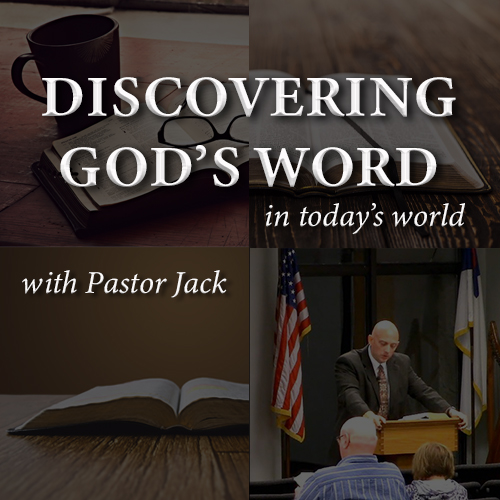Billy Sunday, byname of William Ashley Sunday, (born Nov. 19, 1862/63, Ames, Iowa, U.S.—died Nov. 6, 1935, Chicago), American evangelist whose revivals and sermons reflected the emotional upheavals caused by transition from rural to industrial society in the United States.
Sunday grew up as an orphan and worked as an undertaker’s assistant before entering professional baseball in 1883. In 1891 he gave up baseball to become a YMCA worker but turned in 1896 to conducting religious revivals in major American cities. Ordained a Presbyterian minister in 1903, Sunday was theologically a Fundamentalist. Following the lead of the American evangelist Dwight L. Moody, and with the aid of a choir director named Homer A. Rodeheaver and a score of revival “specialists,” he conducted more than 300 revivals with an estimated attendance of 100,000,000.
Also prominent in the movement to prohibit liquor sales in the United States, Sunday reached the peak of his fame in his New York City revival of 1917, two years before prohibition became national policy by constitutional amendment. He claimed that 1,000,000 “hit the sawdust trail” to come forward and profess their conversion to Christ as a result of his preaching. Considered by some critics a sensationalist, he nevertheless gained the enthusiastic support of evangelical churches and influential laymen. (Taken from the Encyclopaedia Britannica)
Billy Sunday lived in a day far removed from our present cultural upheaval. However, he did predict a time coming when up would be down and down would be up good would be called evil and evil good. The following is an expert to a sermon in Nashville in 1925.
Billy Sunday: “Our country is filled with a Socialistic, I. W. W., Communistic, radical, lawless, anti-American, anti-church, anti-God, anti-marriage gang, and they are laying the eggs of rebellion and unrest in labor and capital and home, and we have some of them in our universities. … If this radical element could have their way, my friends, the laws of nature would be repealed, or they would reverse them; oil and water would mix; the turtle dove would marry the turkey buzzard; the sun would rise in the West and set in the East; chickens would crow and the roosters would squeal; cats would bark and dogs would mew; the least would be the greatest; a part would be greater than the whole; yesterday would be after tomorrow if that crowd were in control.”
39. Quoted in H. L. Mencken, ed., Americana 1925 (New York, 1925), p. 232, from an address by Billy Sunday in Nashville, “as reported by the celebrated Banner.”

